Underground Empire: An Inside Look at Smuggling in Kazakhstan
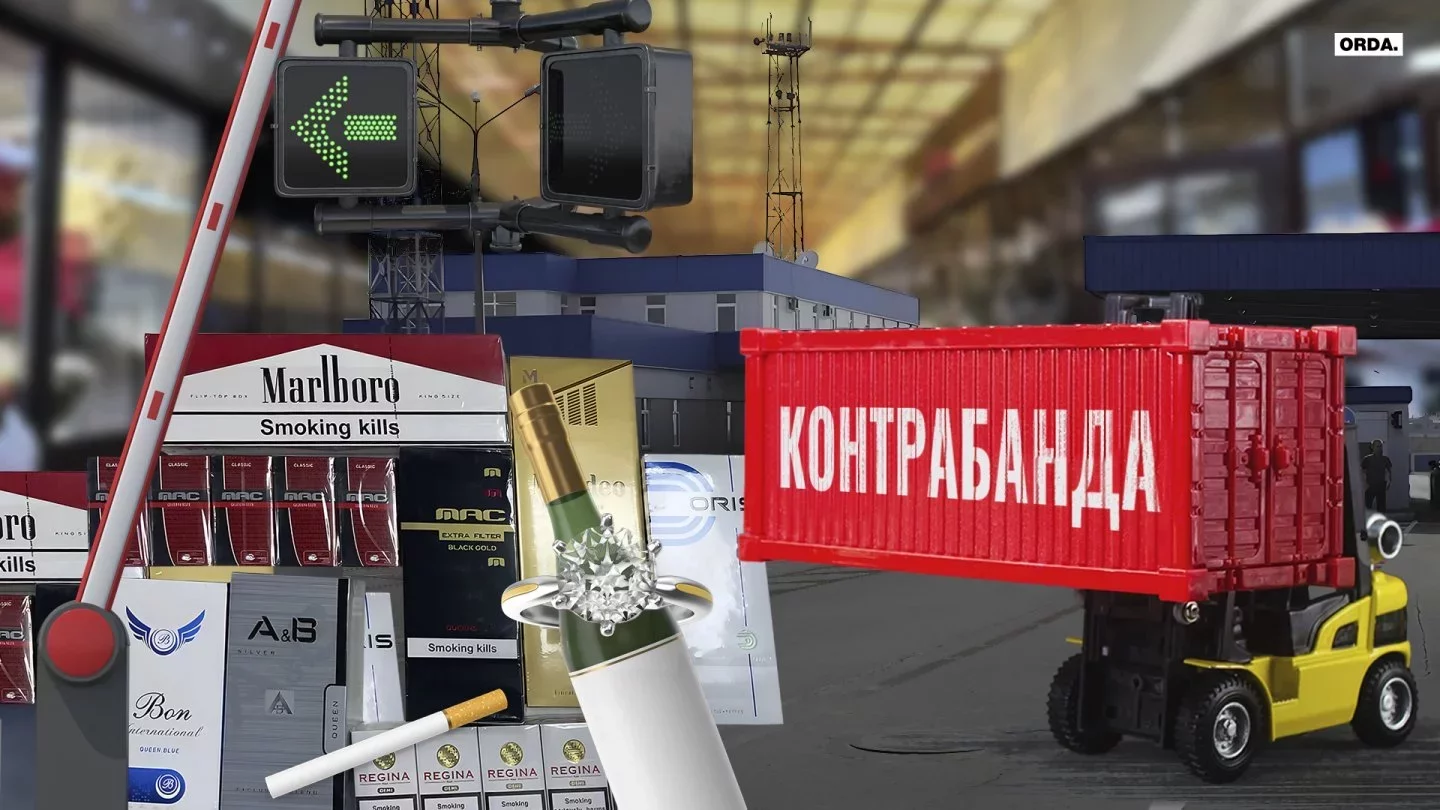
Tens of billions of tenge wind up in Kazakhstan's shadow economy.
Orda.kz has investigated how this works and how consumers unknowingly become part of an illicit system.
Cigarettes, medicines, pesticides, clothes, household appliances. And these compromise a tiny fraction of what slips into Kazakhstan illegally. Prohibited items do as well: drugs, weapons, ammunition, etc.
Kazakhstan is a convenient contraband transit corridor and a large market.
The shadow business flourishes on par with the official economy. The high demand for such goods and weak border oversight create an ideal smugglers' environment.
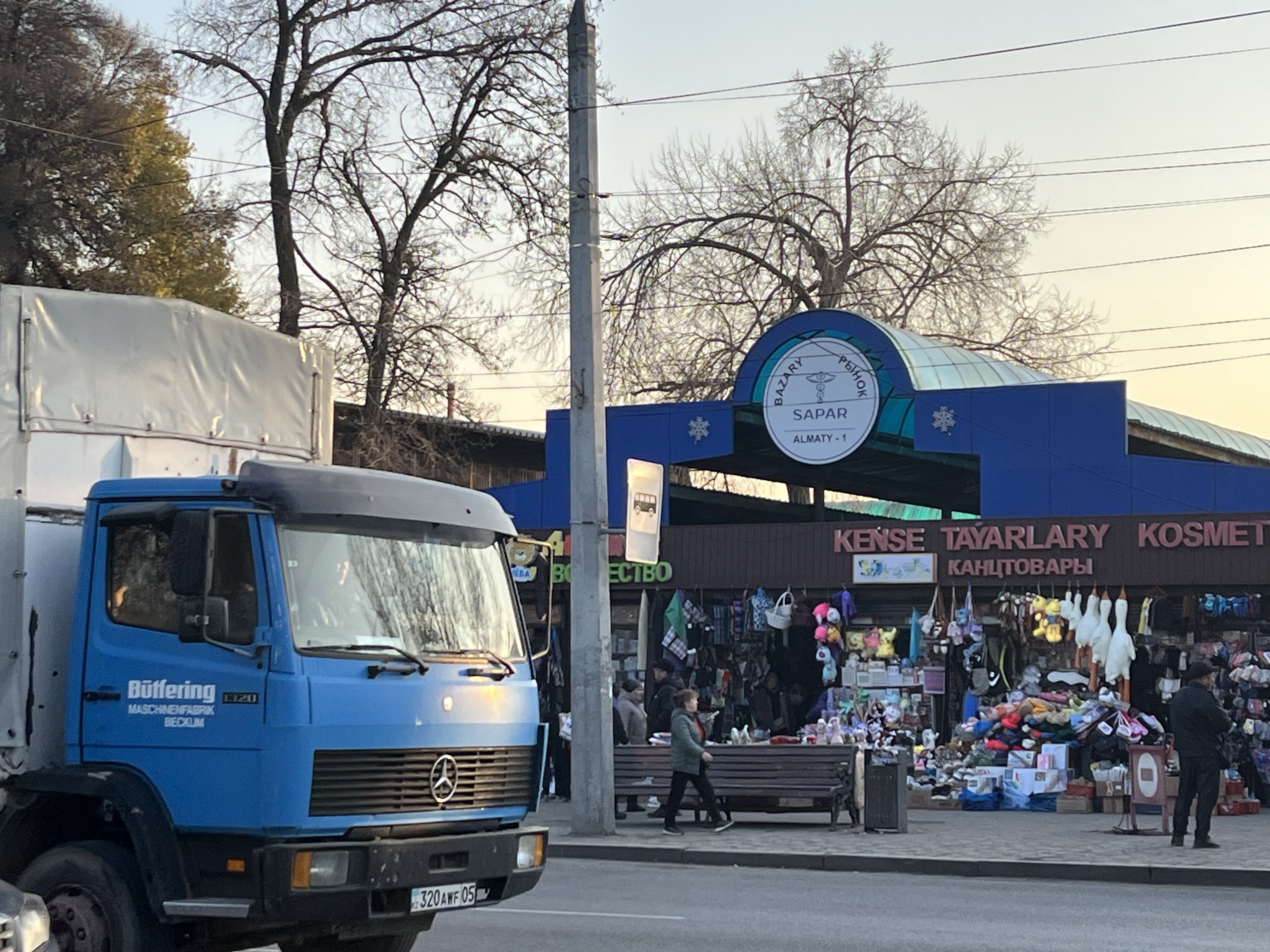
Illegal imports mostly flow from China, Russia, the UAE, Türkiye, and European countries.
Every year, the state treasury loses billions of tenge in lost excises and taxes: Tobacco products alone could have generated 33 billion tenge in revenue last year.
It's No Secret
Almaty markets don't really conceal the contraband. It is sold in typical stalls with long queues and open access.
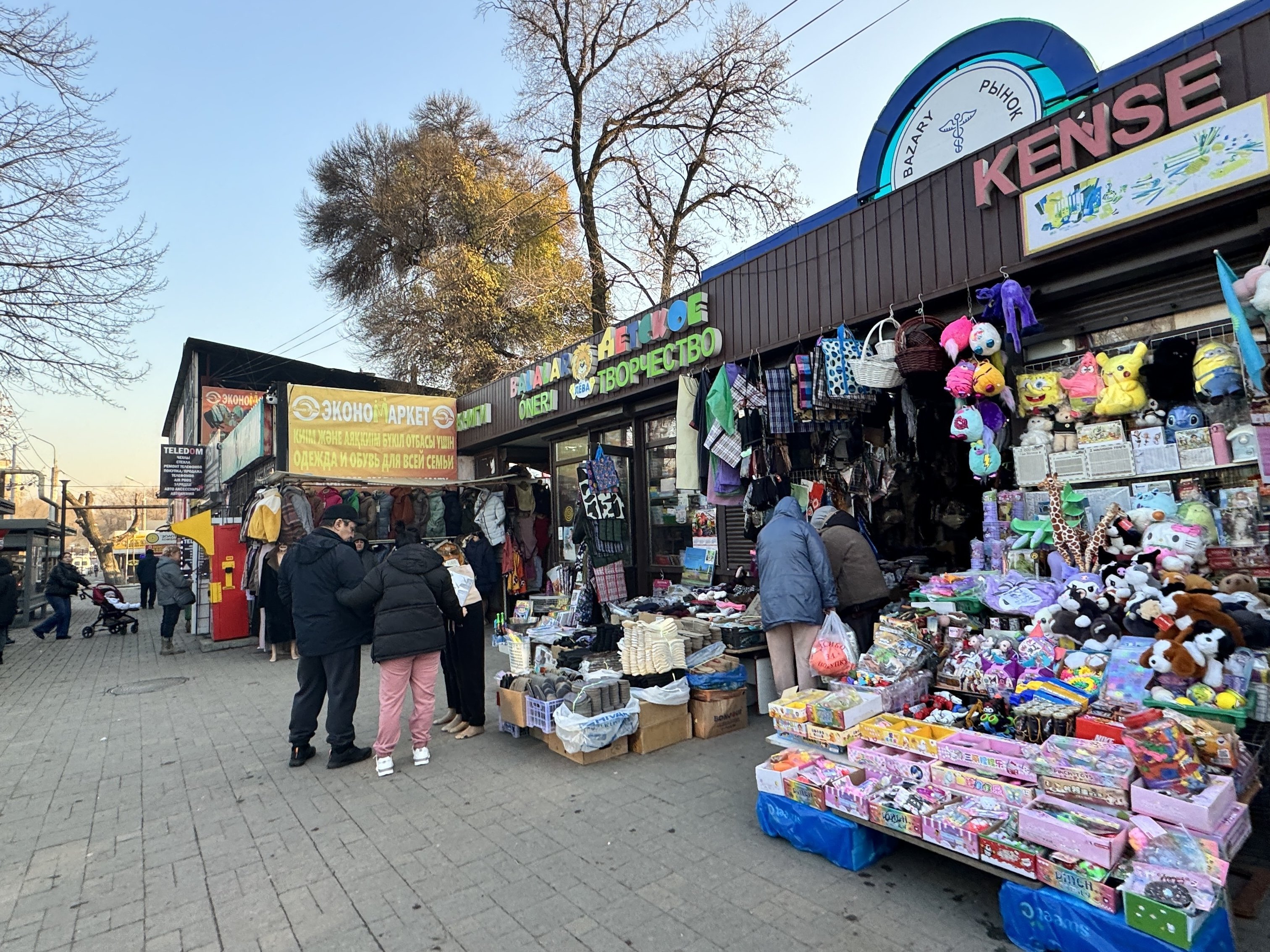
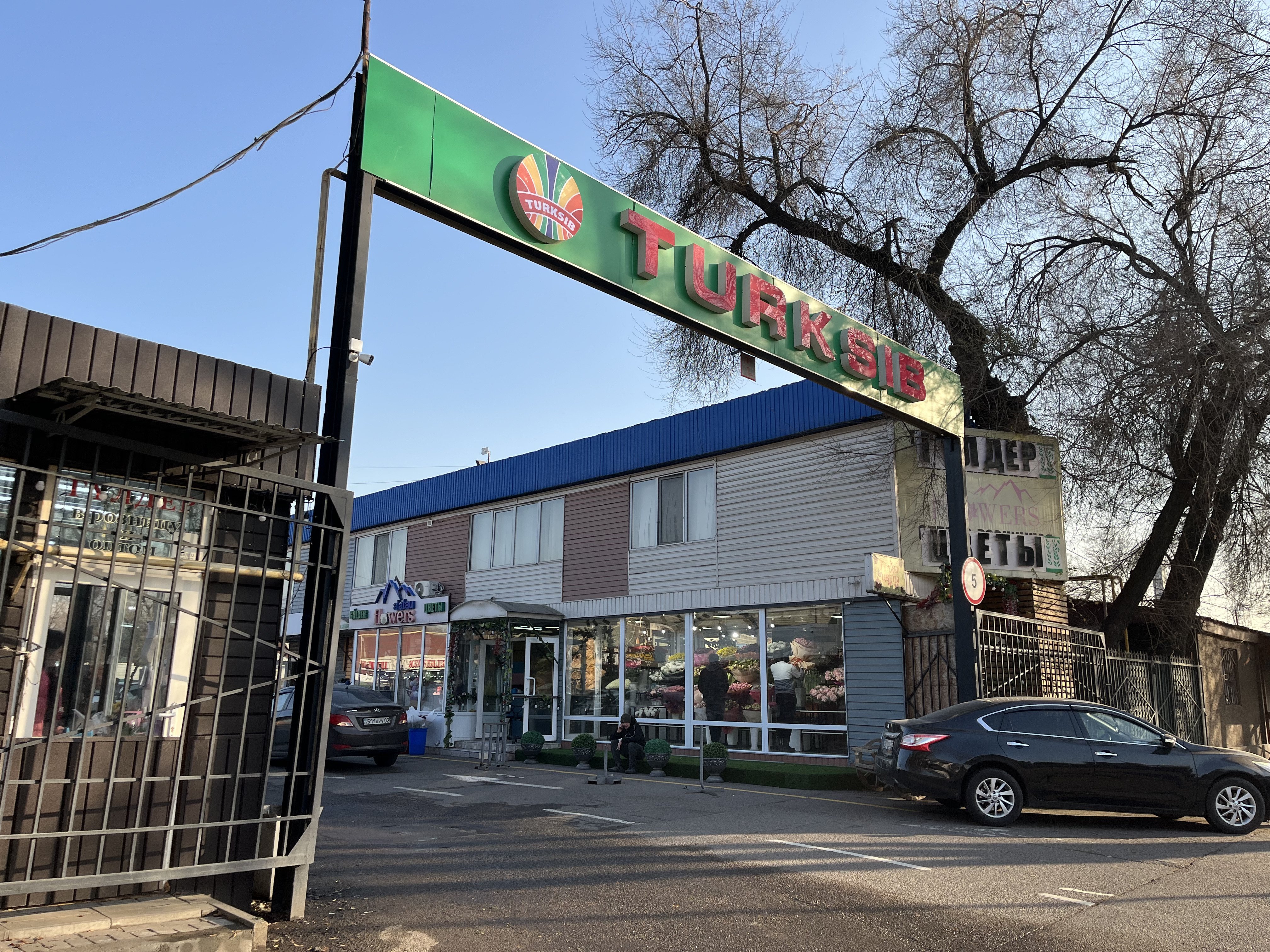
There are signs stating "Tobacco shop" and "Wholesale and retail cigarettes," which resemble an actual shop.
The only peculiarity is the strikingly low price, which lures unsuspecting consumers.
Whole cartons of contraband cigarettes are sold and carefully wrapped in a black opaque package for cash only.
I actually needed five cartons, he's leaving now. Dear, maybe you could throw me some more? My dear? I'll take five from you, five cartons. Will you give it to me cheaper? a woman asks.
A pack of contraband cigarettes costs 500 tenge, and a ten-pack carton costs 5,000. We tried to find out the pricing, but the sellers preferred not to answer. There is also little time to decide.
All these cigarettes are imported - they are here now, but tomorrow they may not be there. That's the system. Some time they are not there, some time they are there, said one seller.
In September, a car with 6.5 million packs of cigarettes worth 1.5 billion tenge was seized in the Mangystau district. It attempted to bypass customs control.
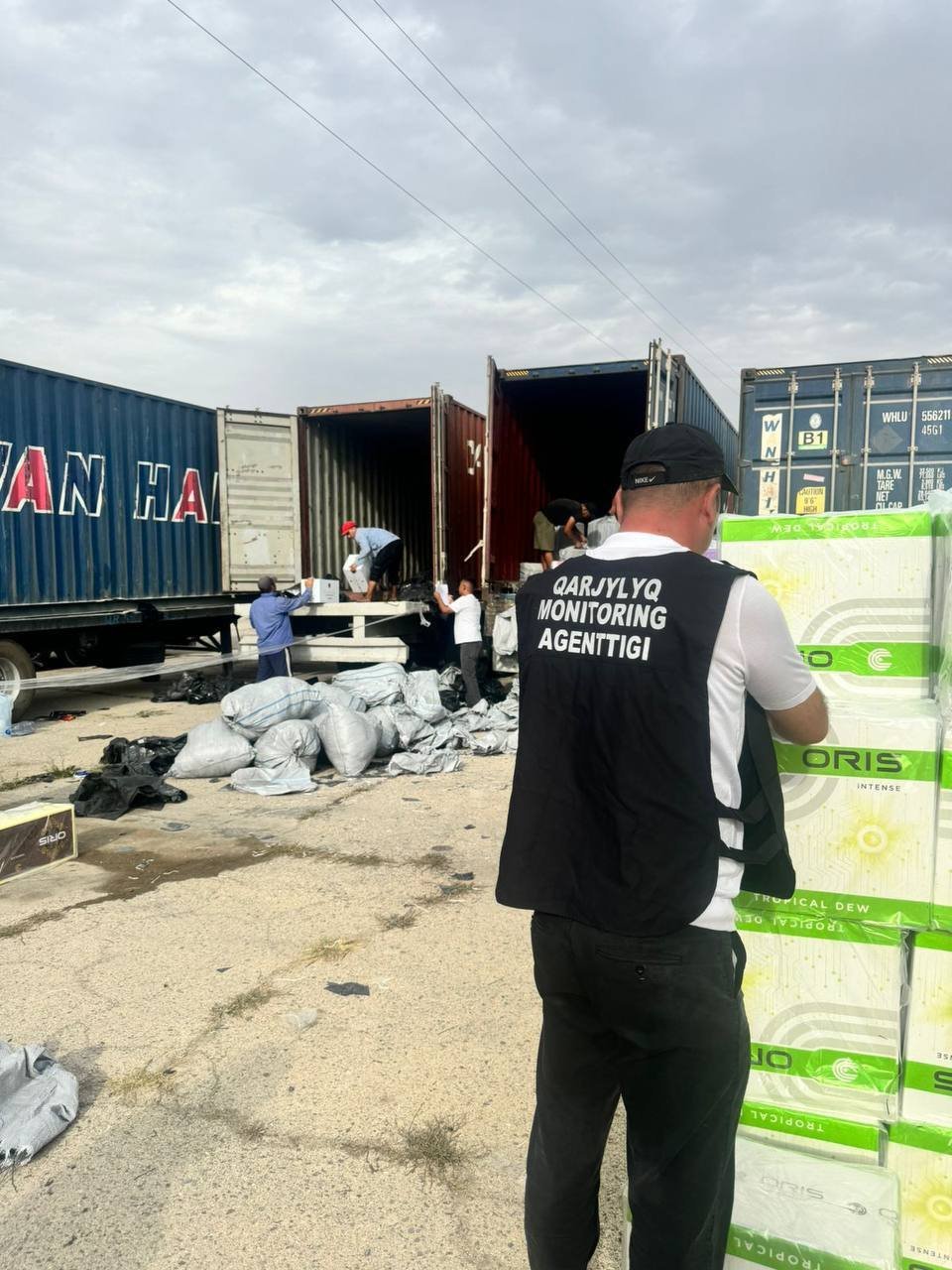
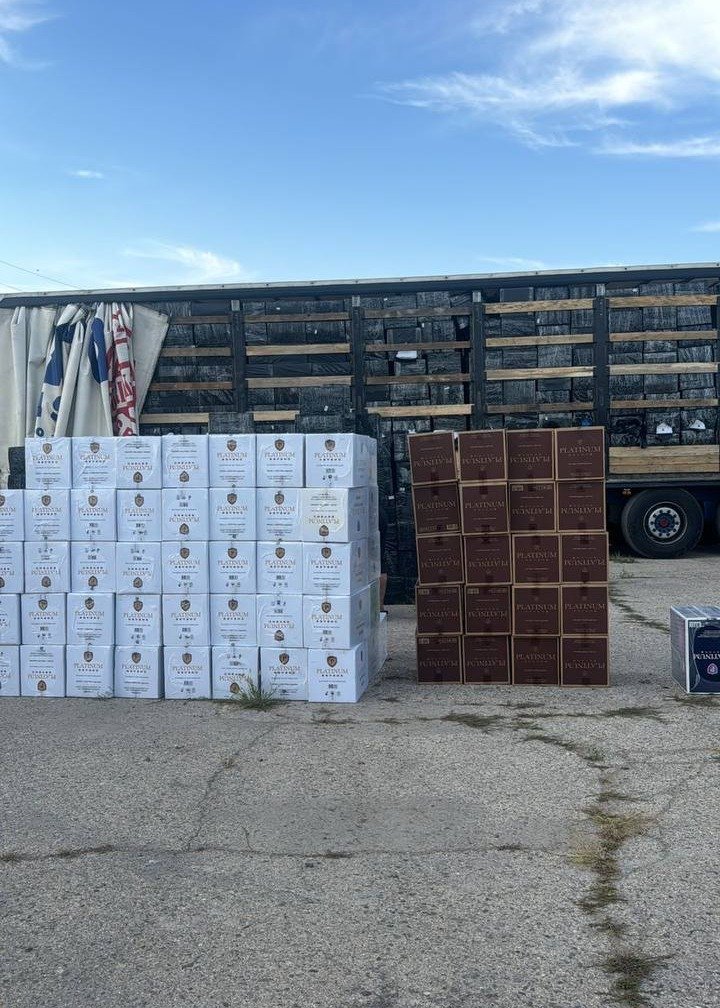
Smuggling in Kazakhstan is more than just cigarettes, however.
Clothing and equipment, questionable medicines, and even unregistered pesticides are illegally imported into the country.
Counterfeit medicines from India enter Kazakhstan via neighboring Uzbekistan.
A 310-meter-long underground tunnel connecting the Saryagash district with Tashkent shows the scale.
More than 17,000 packages of drugs were seized in one contraband shipment there alone.
Under the guise of legal business, a complex shadow economy structure exists. Its roots sink into the long history of corruption, monopolies, and smuggling.
To understand the situation, we spoke with the owner of one of the Almaty markets.
He said that his tenants were increasing their turnover year after year but that a significant part is in the "gray" zone.
He estimates that about 80% of the goods on the market were received without going through official registration procedures.
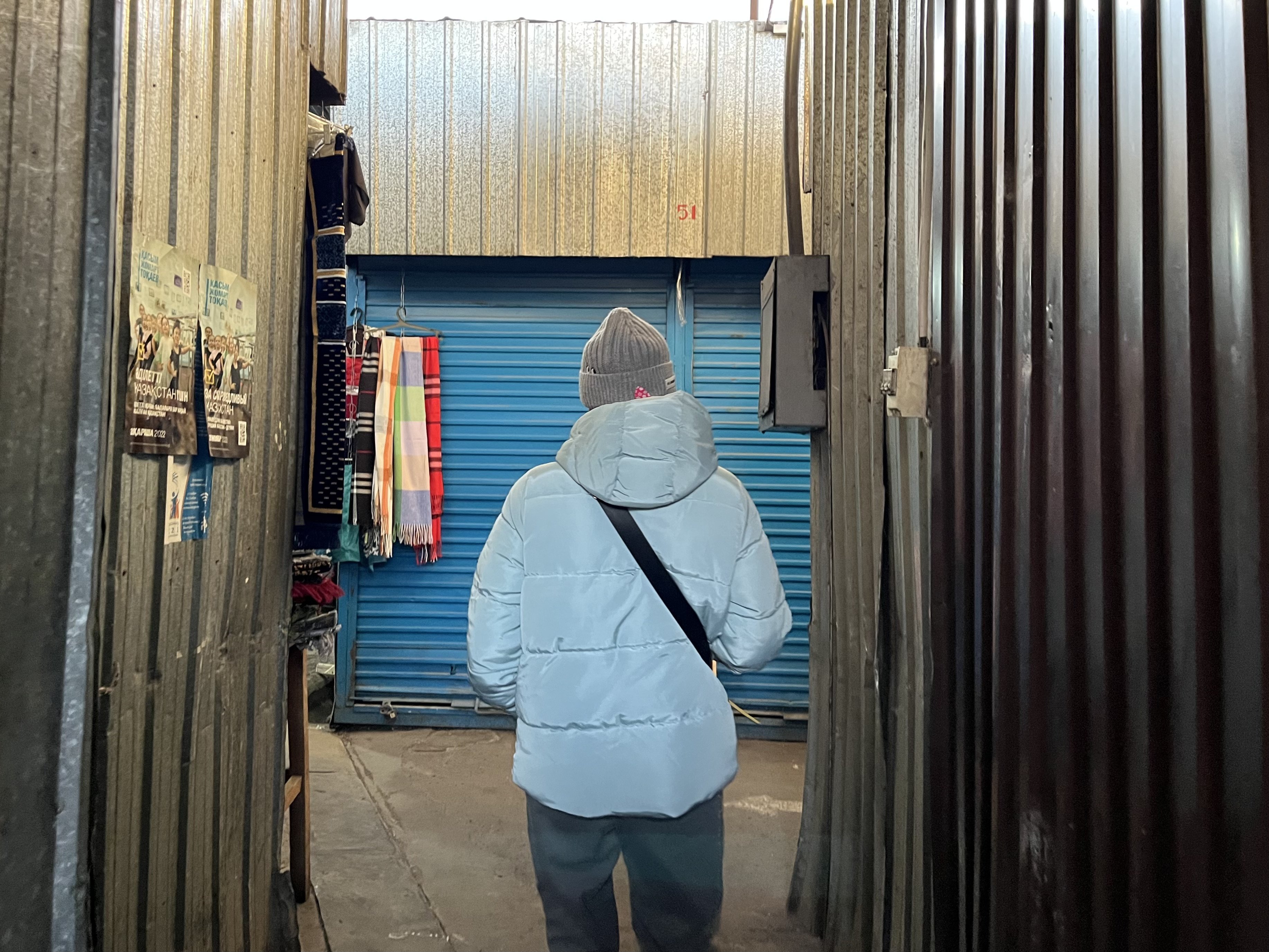
I walk along the rows, look into the internal warehouses of my tenants and roughly understand that the turnover of our market this year is about 300 million. Last year, it felt like 150-200 million. In 2024, my sectors are full, the two main sectors are always filled with goods. In my opinion, the turnover has increased by at least one and a half times. I look at the turnover of my tenants and understand that this product is almost all 'gray' says the entrepreneur.
This would seem like an outstanding achievement, but apparent illegalities mar it: tenants bypass customs clearance and do not pay taxes, and the entire system is practically uncontrollable.
Now I'll go to my tenant and ask: 'Where did you get the goods?' He won't say that he brought them from China and cleared them through customs. He'll say: 'They delivered them to me.' And who delivered them, how, and for how much? the market owner asks himself.
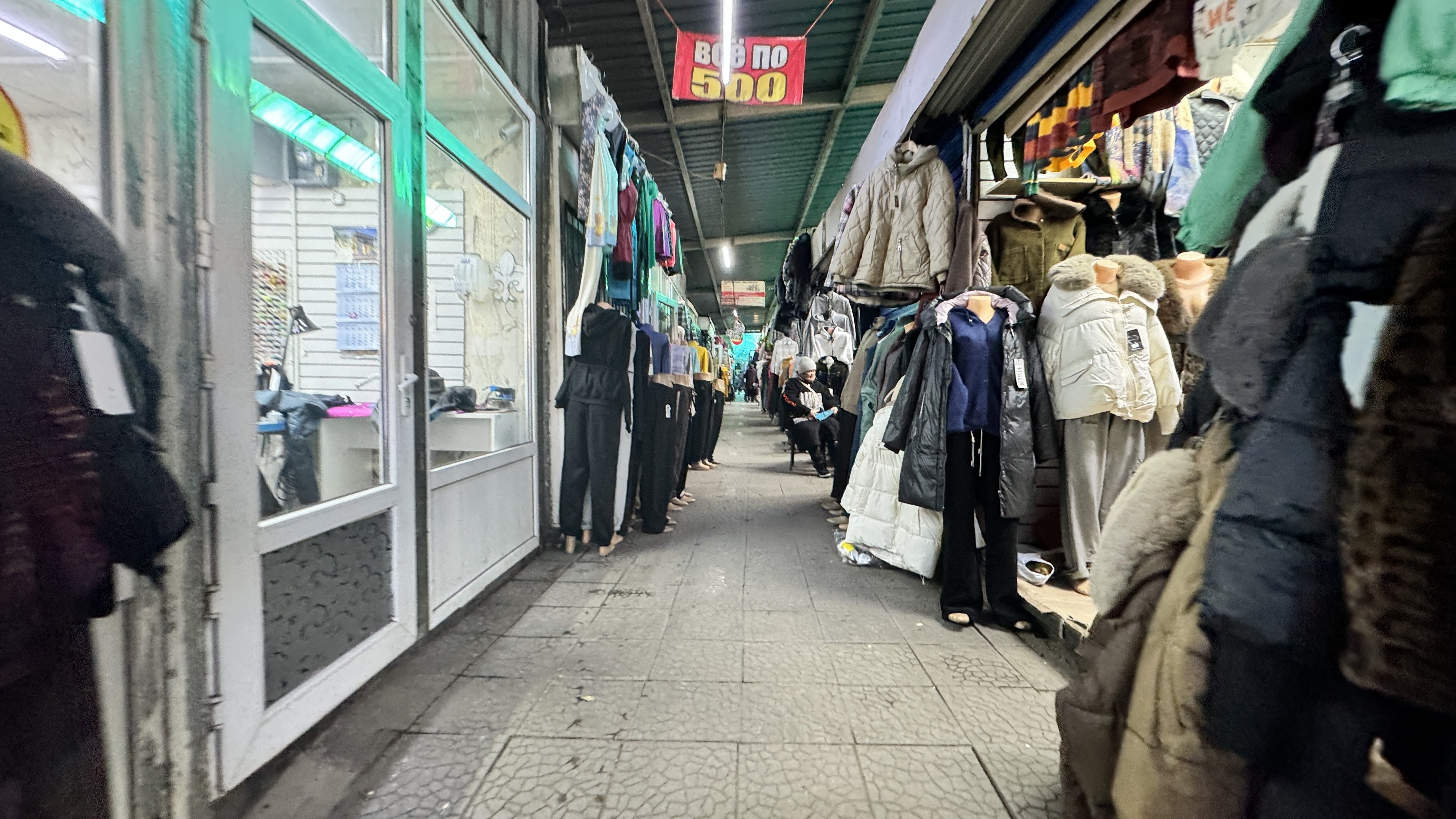
Our interlocutor has thought more than once about how to stop such activity.
I've already thought about digitizing my entire market — tenants, rent payments, goods. But then everyone will run away from me because they will all have to leave the 'gray' zone, become transparent. Naturally, this will be unprofitable. And they will simply all run to other markets, where they will be told: 'Come in and do whatever you want, just pay me rent.' the man explains.
The peculiarity is that most tenants are large wholesalers. The constantly increasing volumes demonstrate how opaque supplies are growing.
We have wide aisles, large containers, it's more convenient for wholesalers. He brings in goods, his minimum volume is one truck. This is a 40-ton container at least. More or less turnover in textiles: they bring in seven or eight trucks a month. One truck of goods is 200 thousand dollars. Imagine what volume he can bring in a week. This is a million to one and a half, a turnover of five to six million a month can be made. If he makes 25-30 million a year, and this is only one entrepreneur, who supplies him with goods?says the market owner.
Large wholesalers act as monopolists. They import goods and distribute them among small retailers. Everything is hinged on the big players, forming a stable, difficult-to-escape shadow economy.
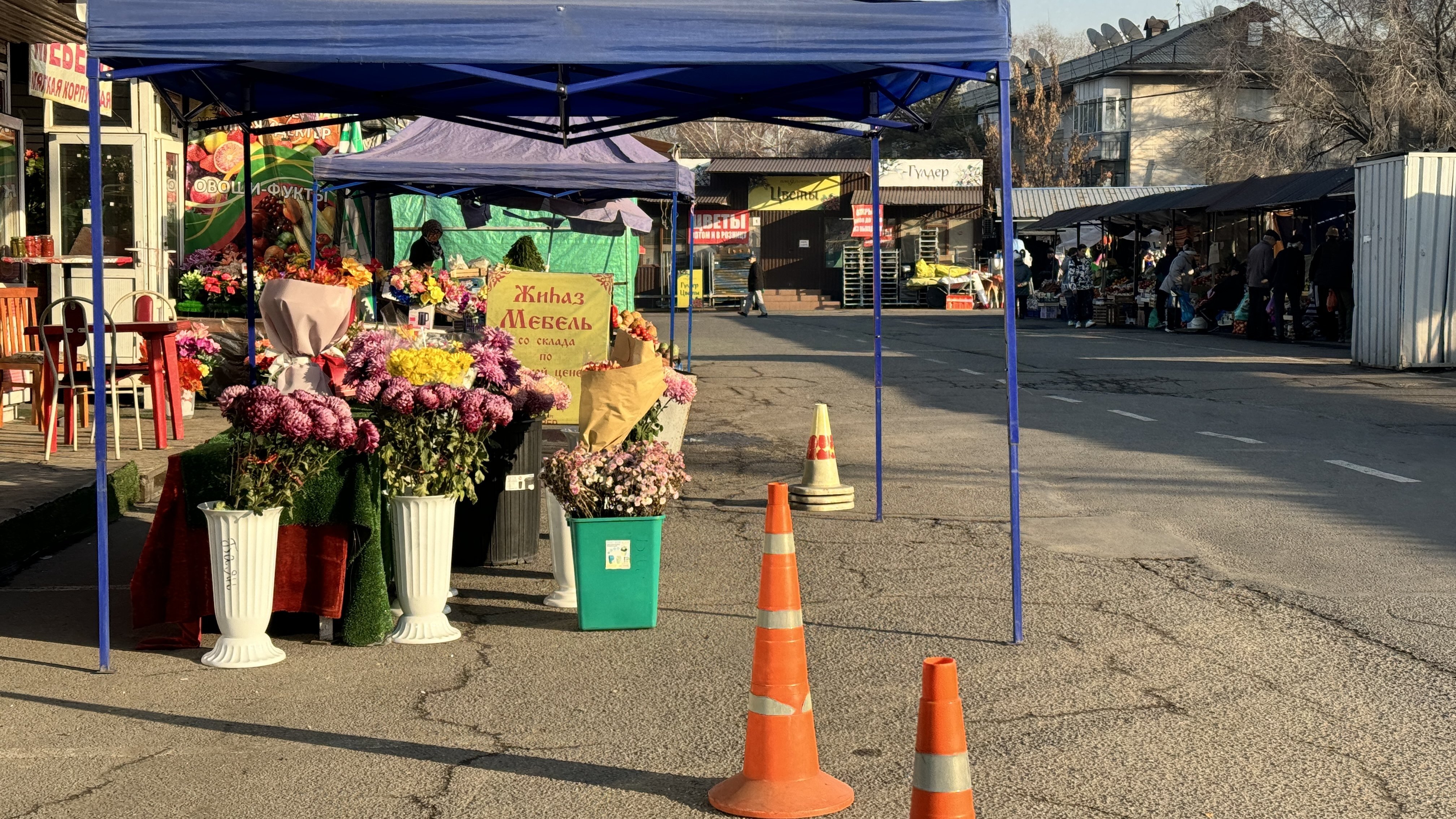
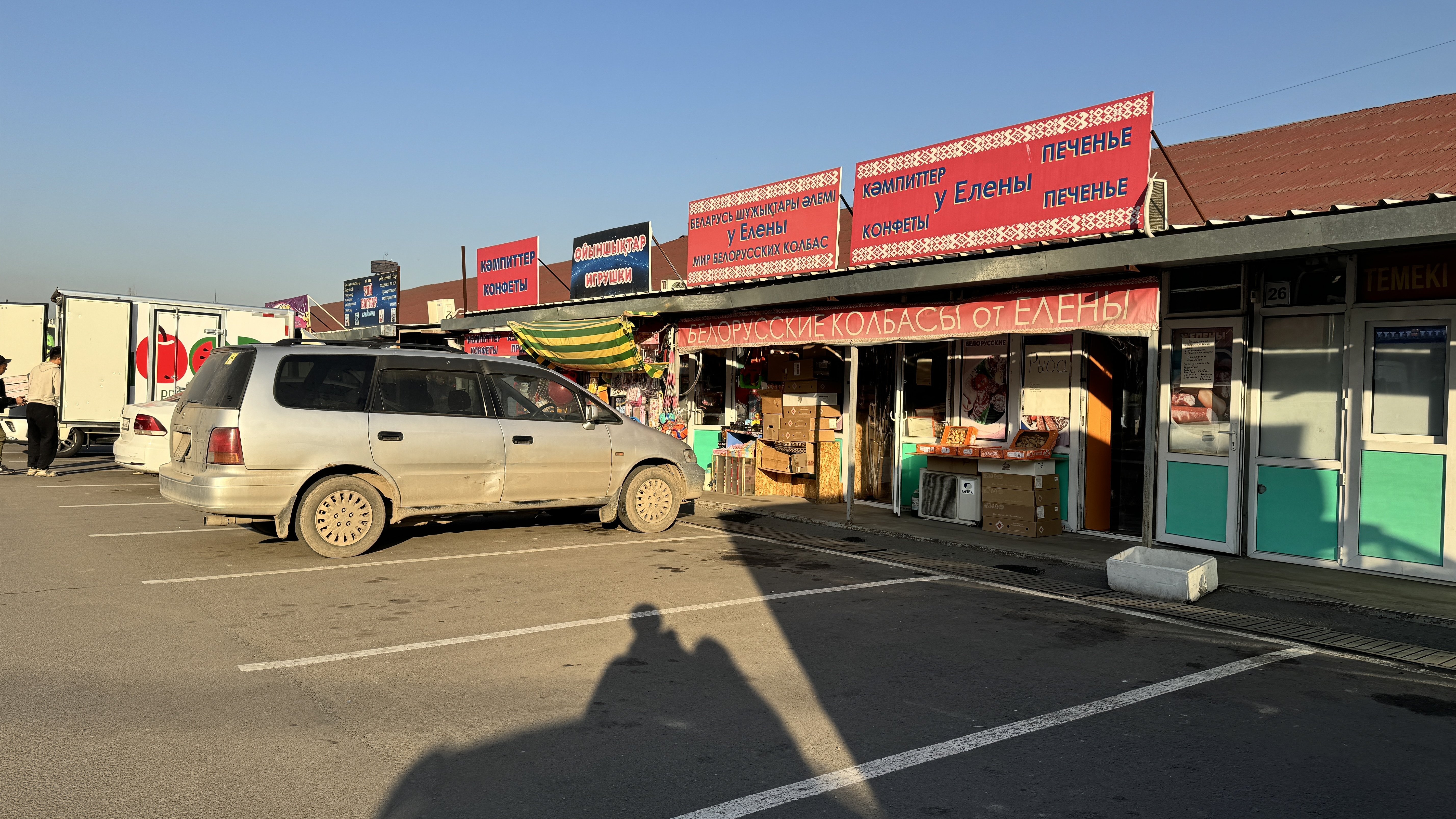
I can give you some rough data on Almaty Barakholka. It's about three billion dollars of 'gray' goods per year. This is the turnover of 25 flea marketplaces. I'm sure that this amount is no less. And it's all contraband. Also, more than 100 thousand people are self-employed at the marketplace. There are no other city-forming enterprises like this in the city, the man says.
Attempts to create transparency bring about risks of losing customers and revenue, confirming a systemic nature.
Given the billions in revenue, smuggling poses serious risks to the country's economy, the national currency, and, ultimately, people.
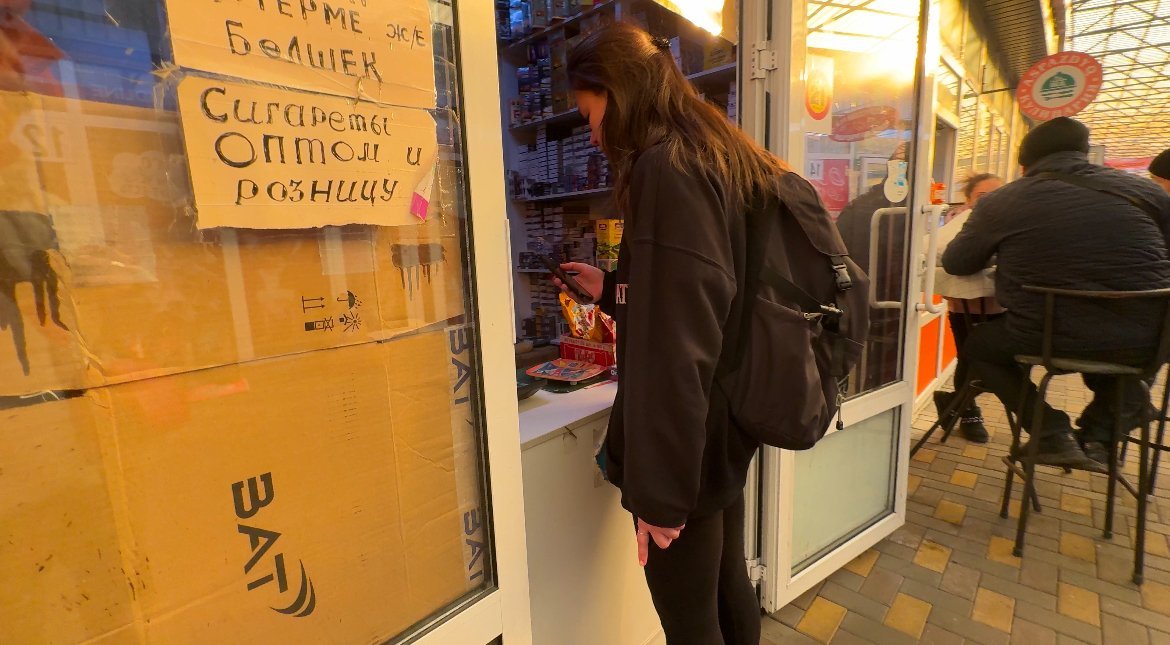
Legitimate businesses suffer: illegal imports undermine the competitiveness of legal producers.
As a result of dumping (selling goods and services at artificially low prices), legal production of goods, works, and services becomes impossible. As a result, many industries become uncompetitive. A low price with unknown quality leads to a situation of chronic dumping, Economist Marat Abdurakhmanov explains.
Smuggling has a long-term negative impact on the market.
Legitimate companies incur additional costs to ensure quality and meet tax obligations, making their goods less accessible. Chronic dumping hinders the development of innovation and production within the country, weakening the economy as a whole.
It also destroys competition and reduces the availability of quality legal products, directly extending to the average consumer.
Legal products are becoming even more expensive as a result of low sales volumes and the existence of obligations to ensure the quality of the supplied goods, notes Abdurakhmanov.
The quality of contraband goods remains a drawback, nonetheless.
Test Purchase
Smuggled goods are often manufactured without quality standards.
Tobacco may contain heavy metals, and alcohol may contain methanol. The situation for the consumer is further aggravated by the fact that when buying contraband, they forfeit their consumer rights.
You can apply for consumer protection, but only for the product that you purchased properly: with the appropriate accompanying documents, legally, with a receipt, invoices. You have the right to file a claim with the seller if the product turned out to be of poor quality. However, you will have to prove that it was this product that caused harm to your health, explains Farid Aliyev, Chair of the Board of the Association of Chambers of Legal Consultants “Kazakhstan Zan-Kenes”.
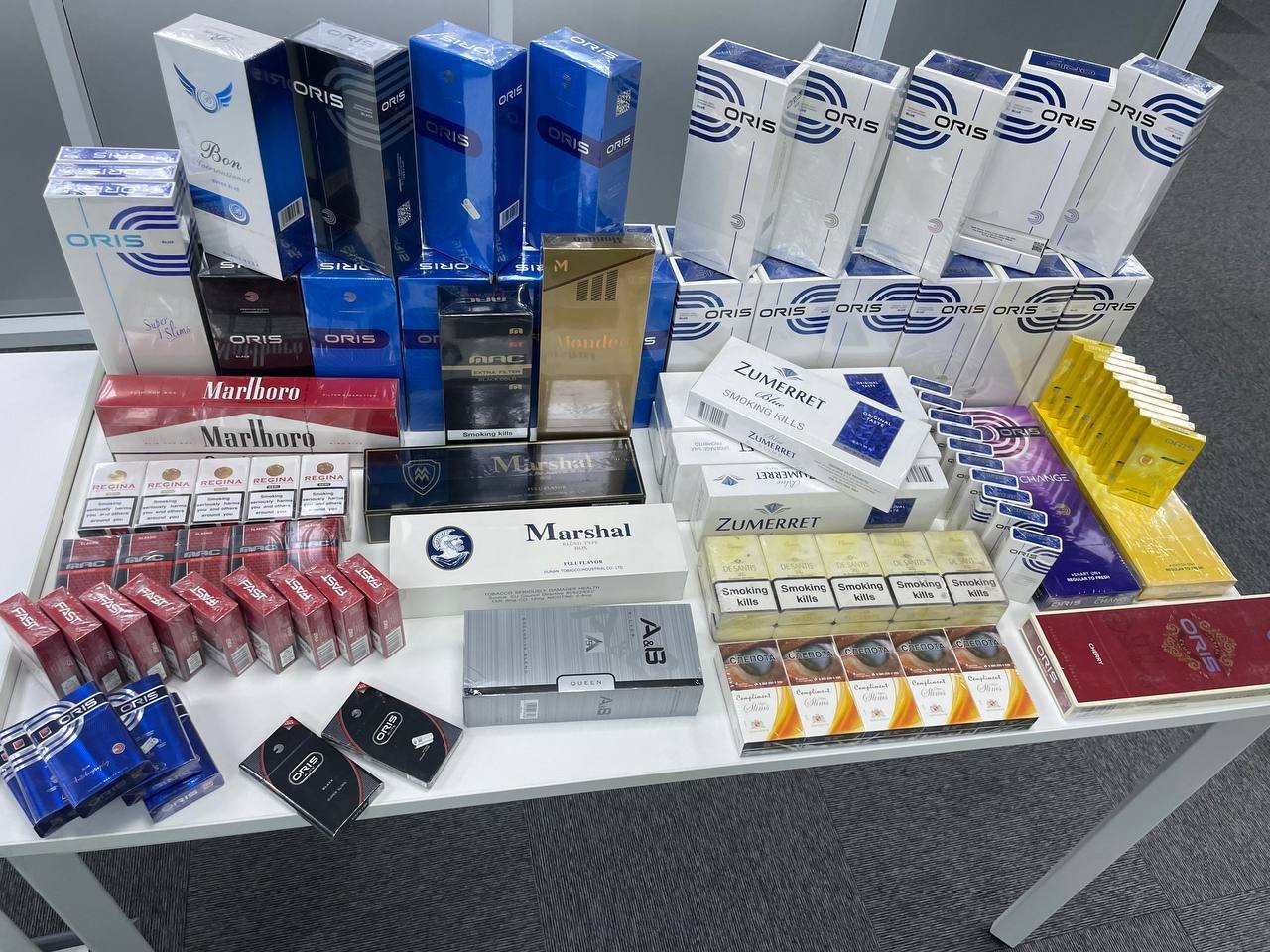
If, after an appeal, the goods are discovered to be contraband, the seller may be held liable.
But the consumer could be as well.
If it is proven that the consumer should have understood the illegality of the origin of the goods (for example, goods without documents or with a suspiciously low price), liability is possible,Aliyev notes.
Smuggled cigarettes or alcohol are easy to spot. They do not have excise markers, and virtually no information about the product is available in Kazakh or Russian, and the country of origin raises doubts.
If the share of illegal tobacco in the country did not exceed 2% for an extended period, then by 2020, this figure reached 3%, and by 2022, it had doubled.
Esteban Giudici, senior policy adviser at TRACIT, an organization combating illicit trade, notes that a significant increase in the volume of counterfeit tobacco products is expected in Kazakhstan.
According to projections, in the near future the volume of contraband cigarettes in Kazakhstan may reach 10% of the market,
Giudici said.
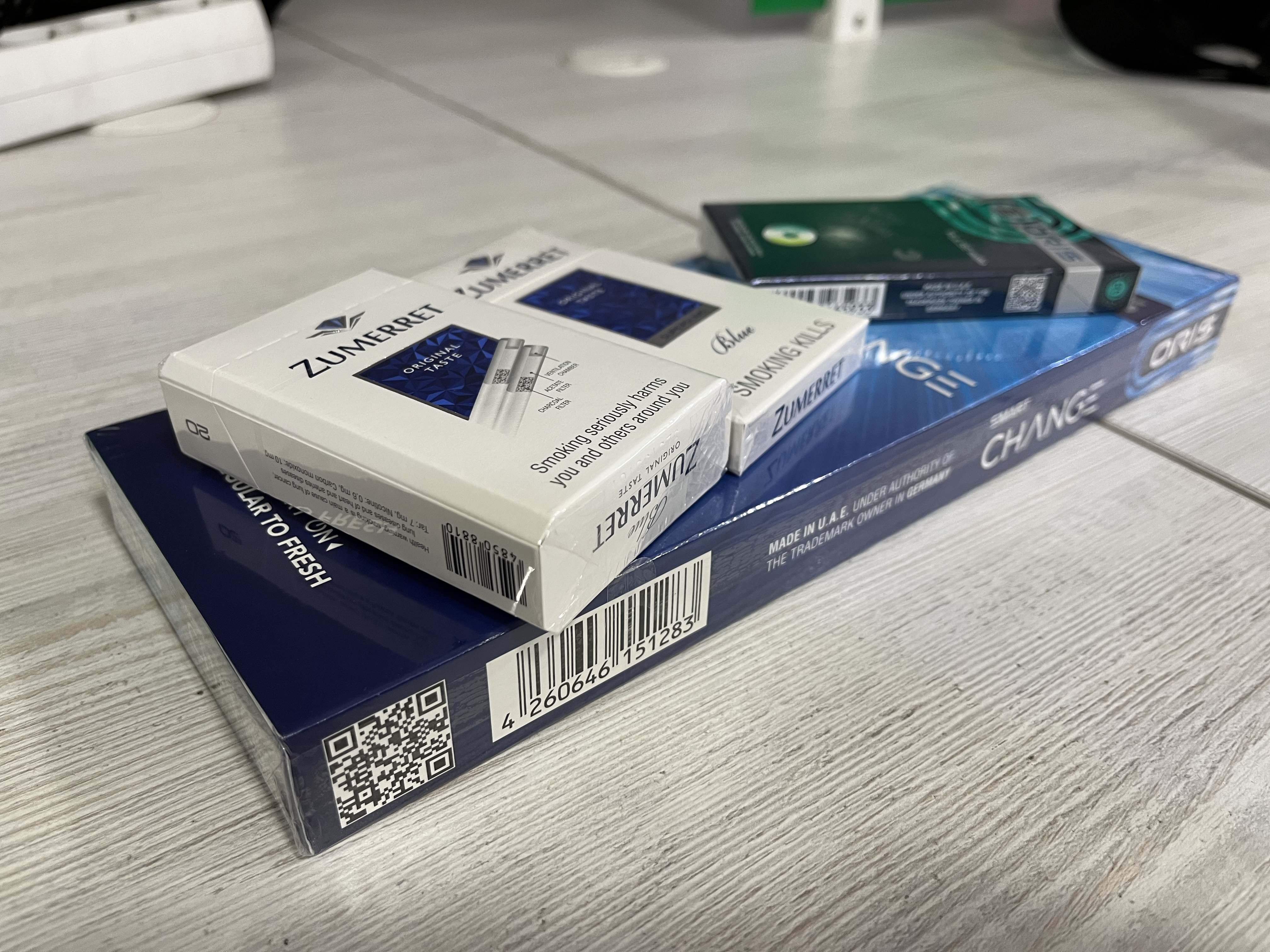
Official data confirm this.
A Ministry of Internal Affairs report indicates the following:
302 offenses were registered under the article "Smuggling of items withdrawn from circulation or items whose circulation is restricted in December 2014.
Meanwhile, in October 2024, there were 362 offenses.
This year, no cases of economic smuggling (goods are not prohibited on the territory of Kazakhstan), as well as smuggling of items withdrawn from circulation or items whose circulation is restricted, with the exception of the movement of narcotic drugs, psychotropic substances, their analogues, precursors, firearms and ammunition across the state border, have been identified, The Ministry of Internal Affairs commented.
These are only a small number of cases that law enforcement agencies have discovered.
The Ministry of Internal Affairs denies that Kazakhstan has a significant share of contraband goods.
Keep It Simple
Lawyer Farid Aliyev believes that customs procedures need to be simplified. This would make the market more transparent and reduce incentives for illegal trade.
When the rules become excessively complex and the bureaucratic machine requires mountains of documents, entrepreneurs begin to look for workarounds. As they say, it all started with apples in paradise, and now cigars and a bottle of good whiskey have been added to this symbolic basket,the lawyer comments.
People's standard of living also factors in.
When we use products of dubious origin, when we do something without thinking much about the source or the consequences, even if nothing happens to you, no one gets sick, no one gets hurt, the very idea that you live in a society for which the most important values are values such as freedom, human rights, fair protection of these constitutional rights, is devalued,says Rustam Atajanov, member of the scientific advisory council under the Ministry of Justice of the Republic of Kazakhstan.
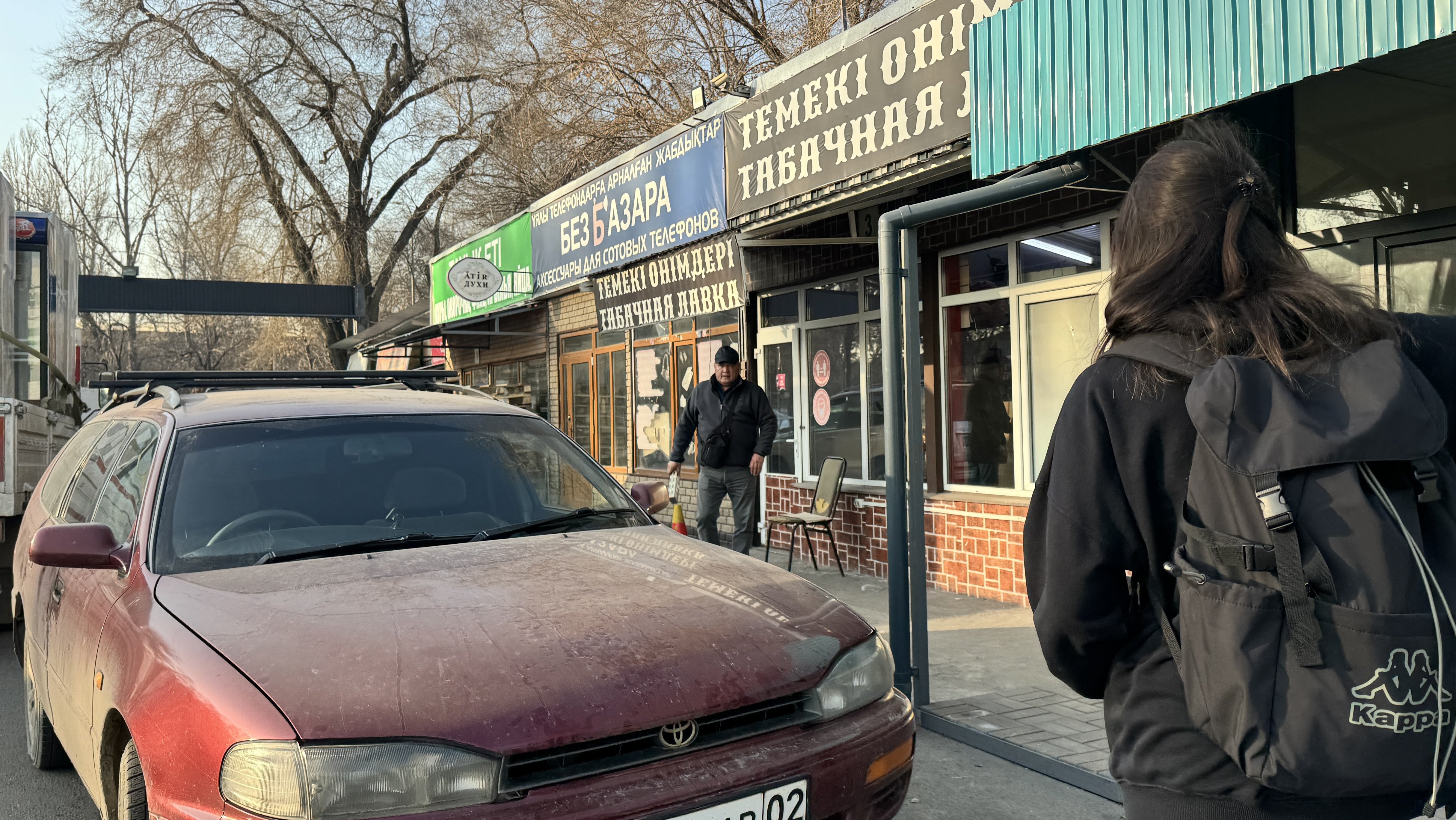
People have started to think about this issue – both consumers and legal manufacturers of goods.
The mobile application Naqty Onim was launched. It allows one to check authenticity by scanning the barcode on the packaging.
Supporting legal businesses is indeed a step towards ensuring that money goes to the country's development.
Original Author: Alina Pak
Latest news
- President Toqayev Sends Nazarbayev Birthday Wishes
- Toqayev Appoints New Ambassadors in Series of Diplomatic Changes
- Unidentified Object Resembling Drone Found in Atyrau Region
- Trump and Zelenskyy Discuss Air Defense Needs
- Rapper Qurt: Wife Withdraws Statement in Court
- Head of Azerbaijani Cultural Autonomy in Moscow Region Reportedly Loses Russian Citizenship
- Defense Secretary Hegseth Paused Ukraine Weapons Shipment Despite Pentagon Assessment — NBC
- Prosecutor General's Office Confirms Detention of Kozhamzharov's Associate in Torture Case
- State to Scale Back Role in Competitive Sectors
- Uzbek Banker Kidnapped in Paris
- Former Financial Police Officials Reportedly Detained, Case Concerns Torture
- Progress MS-31 Launches from Baikonur Carrying Fuel, Water, and Scientific Cargo
- Two Men to Face Trial for Homicide of Missing Atyrau Woman, Body Not Found
- Russia Launched Massive Strike on Ukraine Following Trump–Putin Call
- Rapper Qurt Accused of Abuse by Wife
- Pavlodar Region: Rescuers Seek Lower Retirement Age Amid Strain of Risky Work
- Businessman Vagif Suleymanov Detained in Moscow
- Kashagan Field Reaches One Billion Barrels of Oil Extracted
- Lenin Street in Osh Renamed After 19th-Century Kyrgyz Leader
- New Uranium Plant Launched in Turkistan Region with French Partnership

